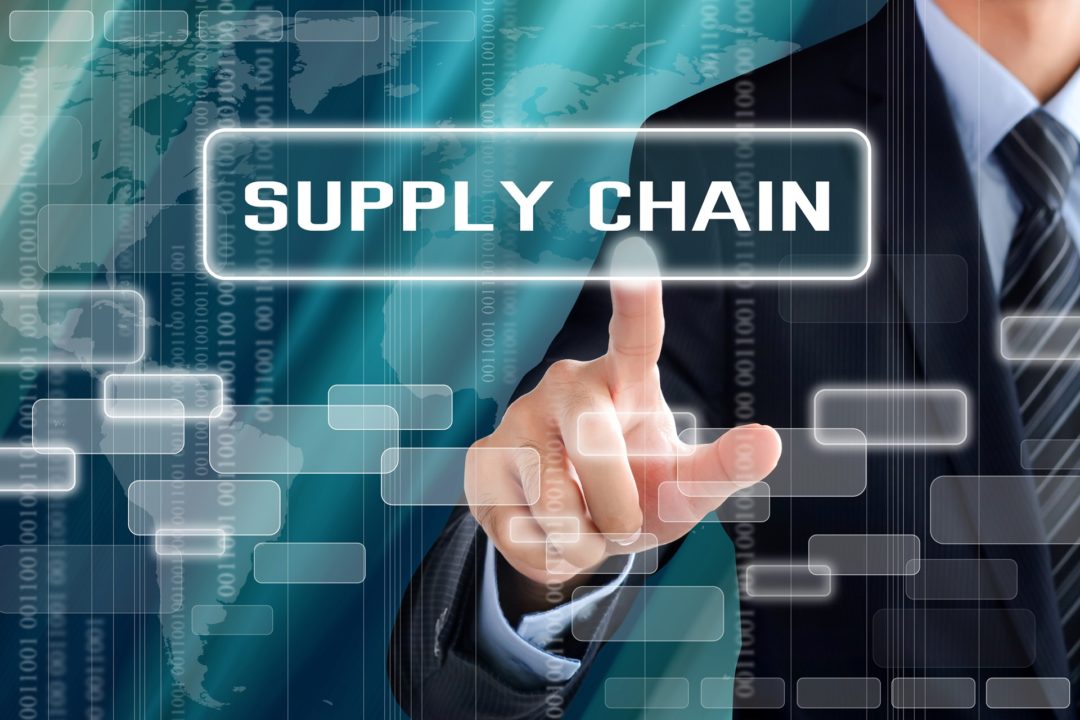TraceGains and the United Natural Products Alliance (UNPA) held a webinar, discussing both the situation in China and how to handle disruptions in the supply chain. The webinar opened with sobering pictures from Loren Israelsen, President of UNPA—pictures of empty streets in Beijing. “What is happening in China is unprecedented,” he said. “There is virtually no movement across the country.” And while some people are being allowed to go to work and home, Israelsen added, the virus hit at the worst possible time: It was the Chinese New Year, during which the country essentially shuts down for two weeks, and people return to their hometowns to celebrate—meaning, Israelsen said, that when Beijing put the country on lockdown, there were approximately 600 million people who weren’t anywhere near their homes, or near their workplaces. Even once the lockdown lifts, therefore, it will take time for people to get back home.
Compounding the problem for the supplement industry specifically, Israelsen noted that there are shipping containers sitting empty in California—those containers will have to get back to China before they can be filled, and the supplements industry is not likely to be high priority. Tech parts are worth more, and will get first shot at the container space. The supplement industry, therefore, is looking at a lag time of 60-90 days—just to get container space.
Related: SupplySide East Rescheduled FDA, FTC Issue Warning Letters to 7 Companies for Coronavirus Claims Caring for the Community: Natural Products Retailers and Coronavirus
As a direct result, Nowacki said he wouldn’t be surprised if searches for new suppliers “quadrupled, or went up 10-fold.” He noted that the only problem isn’t just whether or not an ingredient is shipped from China; if an ingredient has sub-components, and one of those components comes from China, the ingredient can’t be made. “When there’s supply chain disruption,” he warned, “it opens up a vacuum for fraud an adulteration, product spiking, and import fraud.”The top items at risk:
- Garlic products
- Potassium sorbate
- Apple juice concentrate
- Bell pepper
- Vitamin C
- Mandarins
- Stevia
- Sucralose
- Acesulfame K
- Calcium
- Onions
- Sodium Benzoate
- Aspartame
- Pyrazine
- Pea protein
- Vitamin B1
- Soybeans
- Lactones
- Pear juice
- Ginger products
- Sodium Erythorbate
- L-cysteine
- Garden peas
- Green tea
- Carrots
More recently, Nuherbs released a statement regarding the virus. Wilson Lau, Vice President at Nuherbs, said in the statement that “some factories are back online and production is ramping up, but output is at roughly 50-70%. Some workers are still returning, some haven’t returned, and others are still in quarantine. Things will slowly return to normal and output will continue to increase as time passes. But if there is another outbreak, which some experts say may well happen in the fall, things are likely to slow down again or even shut down.”
Lau wrote: “The situation for supplement manufacturers is made more daunting by the tariffs, which are still 25% on dried herbs, and not a lot easier for items that were being tariffed at 15% and are now rolled back to 7.5%.” Nuherbs specifically had ordered extra material at the beginning of the year, in preparation for the Chinese New Year, but Lau notes that most of the industry in the U.S. wasn’t too concerned about coronavirus disruption until recently.
Lau provided a list of things to consider when preparing for how this virus may affect your business:
- Do you have a plan for continuity of operations to minimize business interruption in case you are impacted directly by this?
- Does your supply chain have one?
- What if you are shut down for 2-3 weeks due to quarantine measures?
- Do you have the ability to telecommute? People should figure out how they are going to work remotely.
- What happens if your partners are impacted? Who will take care of your children if you become ill?
- What about the health care system? Paying for testing? And how will it impact the election?










